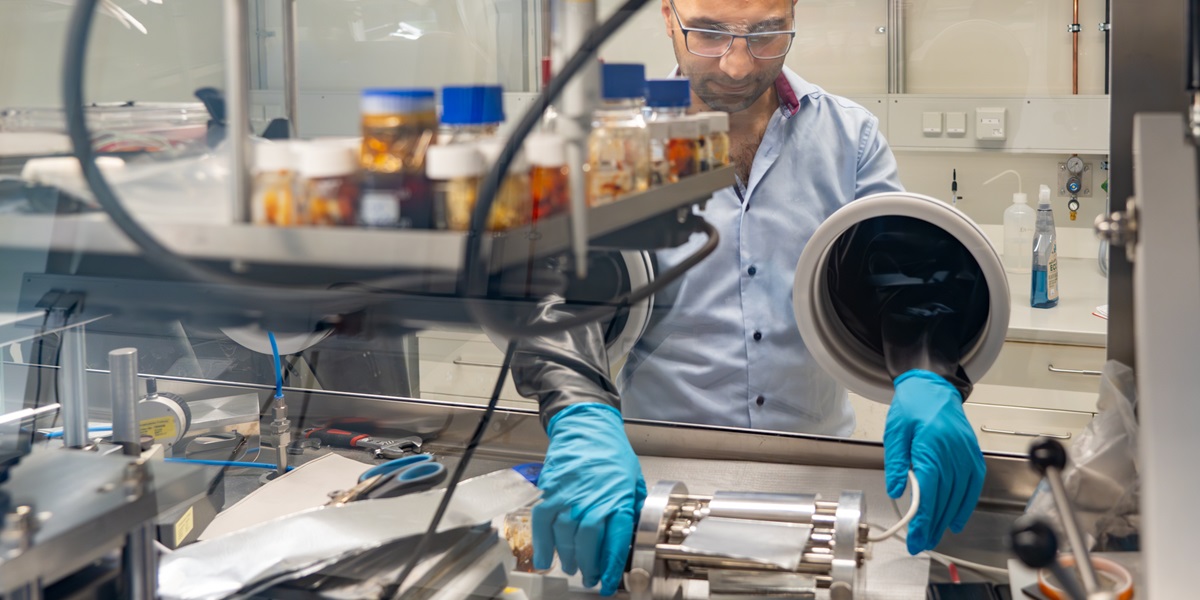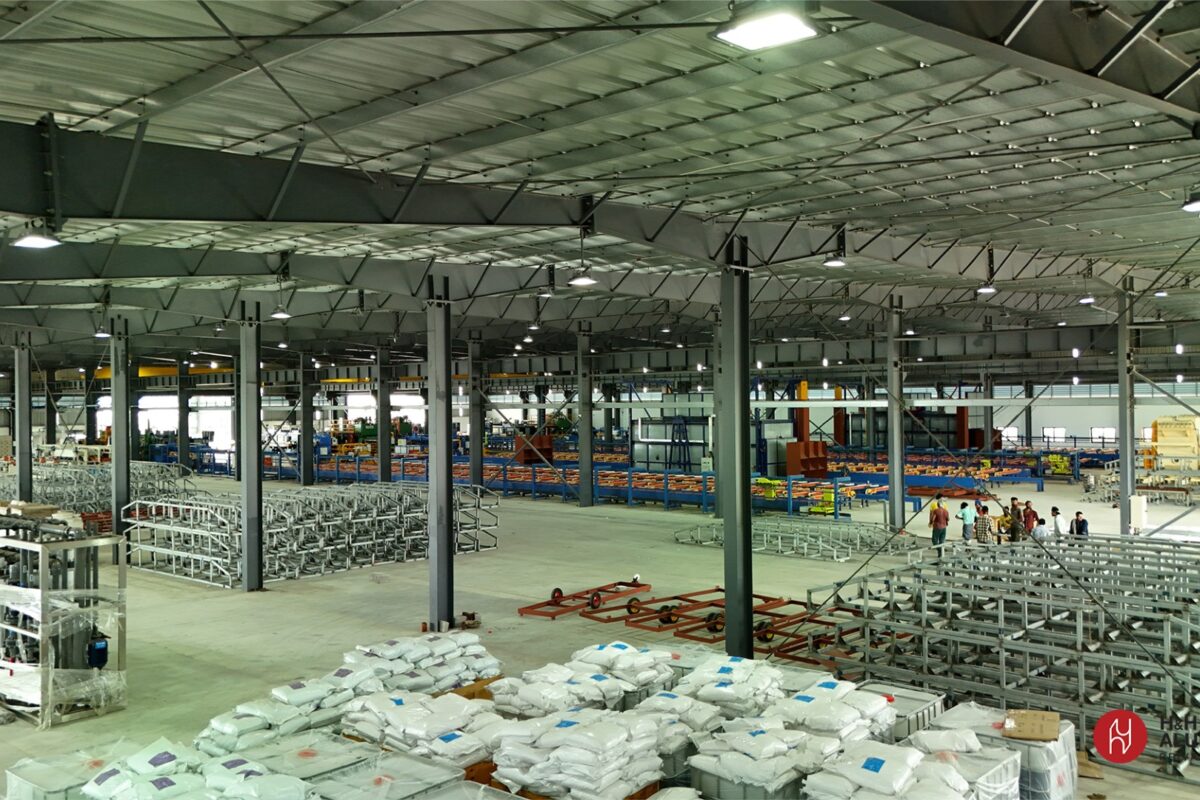From ESS News
Technical university TU Bergakademie Freiberg has reported significant progress in the development of an aluminum battery, which is based on materials that are both readily available and recyclable.
Their battery features aluminum as the anode, graphite as cathode, and a polymer-based electrolyte developed at the university. The first prototype will consist of a “stack” with 10 cells and will be able to store around 1 Wh of electricity.
Validation of the prototype for industrial production will be funded by the Saxony state ministry of economic affairs and the European Regional Development Fund (ERDF), until the end of 2025.
“The aim of the further development is a storage capacity of 10 kWh, which corresponds to the average daily production of a photovoltaic system on the roof of a single-family home,” said Amir Mohammad, research associate at TU Bergakademie Freiberg’s Institute of Experimental Physics.
A 10 kWh capacity would make the aluminum polymer battery suitable for use as a stationary power storage device, especially in private photovoltaic systems.
“The aluminum polymer battery is a promising alternative to lithium-ion batteries which my team has been researching intensively for around 10 years and which is now being tested for industrial production and application,” said Dirk C. Meyer, director of the university’s Institute of Experimental Physics and spokesman for the institution’s Center for Efficient High-Temperature Material Conversion.
To continue reading, please visit our ESS News website.
This content is protected by copyright and may not be reused. If you want to cooperate with us and would like to reuse some of our content, please contact: editors@pv-magazine.com.








By submitting this form you agree to pv magazine using your data for the purposes of publishing your comment.
Your personal data will only be disclosed or otherwise transmitted to third parties for the purposes of spam filtering or if this is necessary for technical maintenance of the website. Any other transfer to third parties will not take place unless this is justified on the basis of applicable data protection regulations or if pv magazine is legally obliged to do so.
You may revoke this consent at any time with effect for the future, in which case your personal data will be deleted immediately. Otherwise, your data will be deleted if pv magazine has processed your request or the purpose of data storage is fulfilled.
Further information on data privacy can be found in our Data Protection Policy.